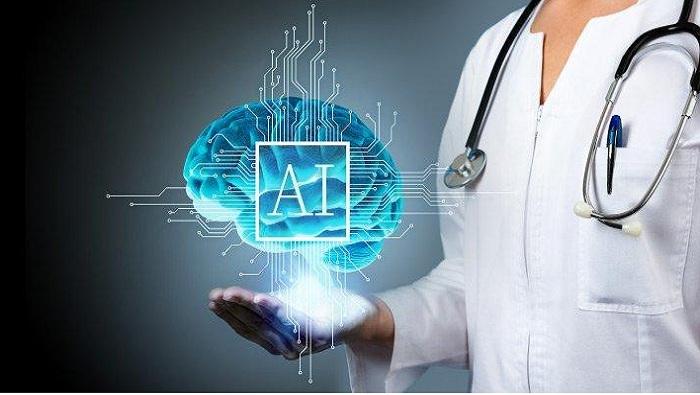Jan 20
2024
Why Healthcare Organizations Are Embracing AI Solutions
 In today’s dynamic healthcare landscape, the integration of artificial intelligence (AI) solutions is becoming increasingly crucial. Healthcare organizations need to balance superior patient care with operational complexities. The adoption of AI presents a transformative opportunity, empowering your organization to enhance various facets of your healthcare services.
In today’s dynamic healthcare landscape, the integration of artificial intelligence (AI) solutions is becoming increasingly crucial. Healthcare organizations need to balance superior patient care with operational complexities. The adoption of AI presents a transformative opportunity, empowering your organization to enhance various facets of your healthcare services.
You may be wondering, “Why should I embrace AI solutions for my healthcare organization?” The answer lies in the numerous benefits AI brings to the table. In this blog, we’ll shed light on a few reasons why healthcare organizations, just like yours, are wholeheartedly embracing AI.
Enhance Diagnostics and Precision Medicine
In the healthcare sector, AI technologies are actively advancing diagnostic accuracy, particularly concerning dangerous diseases. A study published in the National Library of Medicine highlights the extensive utilization of AI in enhancing medical diagnostics. These technologies, proficient in interacting with medical image data, contribute significantly to disease diagnosis and prediction.
For instance, AI’s capability to detect tumors in medical images stands out, providing a crucial advantage in early-stage diagnosis and subsequent treatment. The study emphasizes the pivotal role played by AI-based algorithms in identifying patients who might otherwise go undiagnosed, including rare diseases. This effectiveness opens up abundant opportunities for early intervention and improved patient outcomes.
Personalize Patient Care with Predictive Analytics
Harnessing predictive analytics through AI is revolutionizing patient care, offering tailored interventions, and enhancing healthcare outcomes. Grand View Research reveals that the global healthcare predictive analytics market reached $11.7 billion in 2022, underscoring the widespread adoption of this transformative approach.
Predictive analytics allows healthcare organizations to proactively anticipate patient needs, facilitating personalized treatment plans. This proactive approach enables timely interventions and preventive measures based on individual patient data, contributing to a more patient-centric healthcare model. The insights derived from analyzing vast datasets enable healthcare professionals to optimize resource allocation, reduce unnecessary procedures, and streamline patient care pathways.
Enable Clean Water for Healthcare Facilities
Ensuring clean water for healthcare facilities is a paramount objective embraced by healthcare organizations leveraging AI solutions. AI technologies facilitate the efficient management of water resources, optimizing usage and minimizing wastage within healthcare infrastructure. By actively monitoring water quality and consumption patterns, AI-driven systems enable healthcare facilities to identify potential issues promptly.
Access to clean water is crucial for healthcare organizations, as a lack of it can lead to disease outbreaks, challenging the healthcare industry’s ethos. Your organization should learn from past incidents, such as the Camp Lejeune water contamination, which resulted in severe chronic conditions. According to TorHoerman Law, the incident affected veterans, family members, and workers, causing them to suffer from diseases like cancer and Parkinson’s disease.
